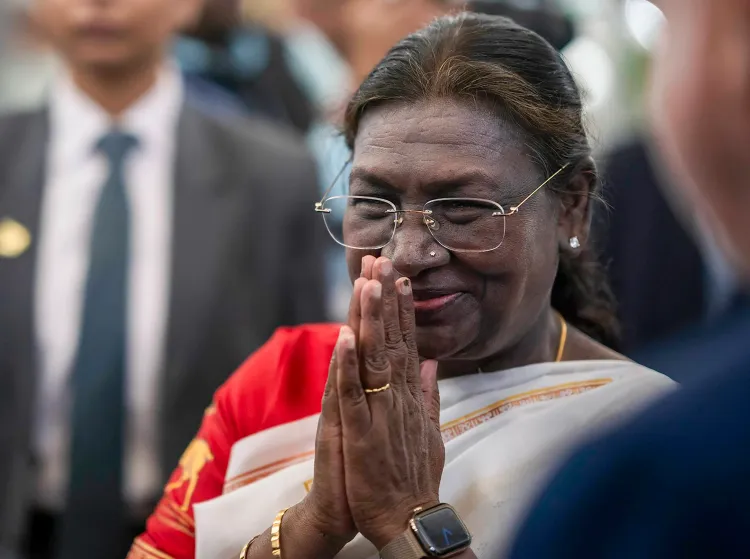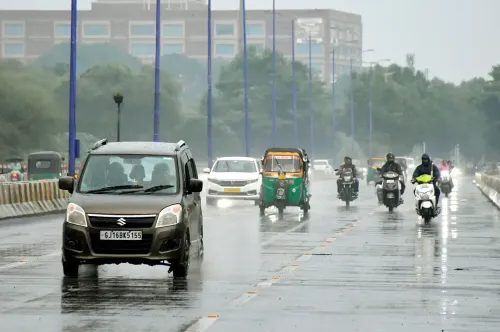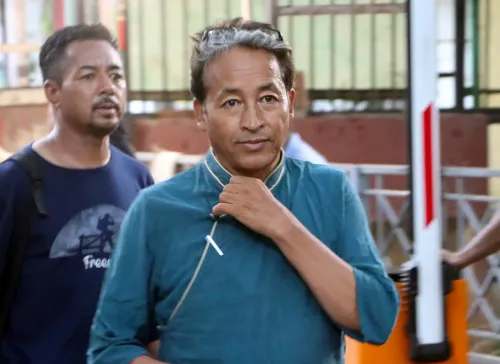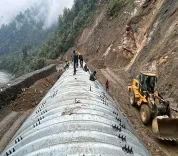Is President Murmu Making History by Visiting Sabarimala Temple?

Synopsis
Key Takeaways
- President Droupadi Murmu is the first sitting President of India to visit Sabarimala Temple.
- The visit marks a significant moment in Indian spiritual and cultural history.
- Heightened security measures are in place for the visit.
- Sabarimala Temple is a major pilgrimage destination in India.
- The temple is currently undergoing monthly rituals specific to the Malayalam month of Edavam.
New Delhi, May 19 (NationPress) President Droupadi Murmu will make history today as she visits the Sabarimala Sree Ayyappa Temple in Kerala, becoming the first sitting President of India to offer prayers at this esteemed hill shrine.
This significant visit represents a landmark moment for the temple, which is among the most revered pilgrimage destinations in the nation.
The Travancore Devaswom Board (TDB), the authority overseeing the temple, has announced the President’s visit, highlighting its importance.
As part of a two-day tour of Kerala, President Murmu is anticipated to arrive at the Nilakkal helipad on the morning of May 19 and then proceed to the Pampa base camp. She may choose to trek the traditional 4.25 km uphill path to the temple like other devotees or opt for transportation via the steep emergency access road.
The final travel arrangements will be set by the Special Protection Group (SPG), responsible for her safety.
The temple recently opened on May 14 for its monthly rituals coinciding with the Malayalam month of Edavam, and these observances are expected to conclude around the time of her visit.
In preparation for increased security, authorities have imposed restrictions at the shrine on May 18 and 19. Access for devotees will be temporarily suspended, and the virtual queue ticket system will be halted for these days.
Situated within the Western Ghats in Kerala’s Pathanamthitta district, Sabarimala is one of India's holiest and most frequented pilgrimage sites, attracting millions of devotees annually.
Perched at an elevation of 3,000 feet, Sabarimala requires pilgrims to undertake a 41-day penance followed by a barefoot journey from the banks of the Pampa River.









